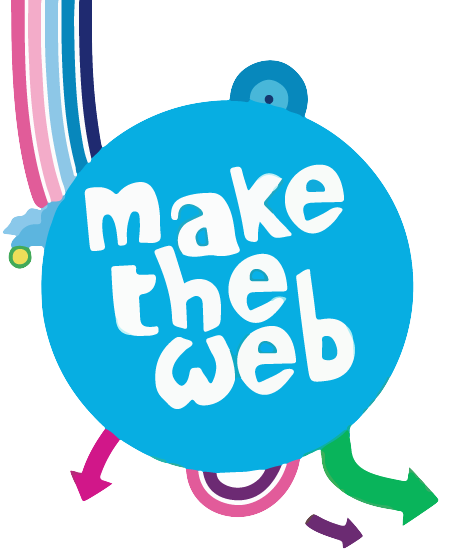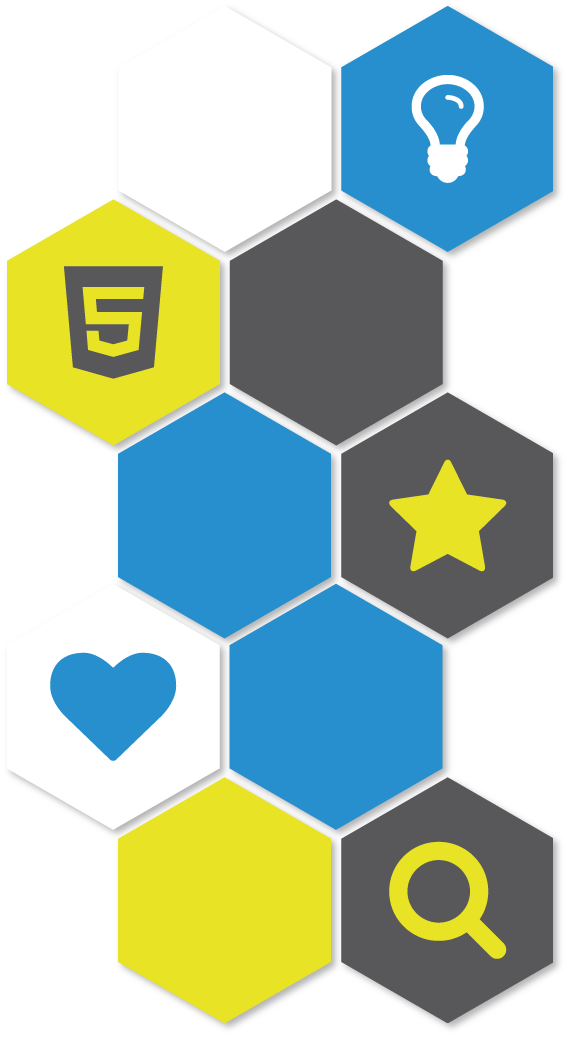Empower

Mozilla aims to empower communities worldwide to share the values of an open Web. I’ve been incredibly lucky to help join them in some of the events where they do this face to face. Not all of the work Mozilla does is done from behind a computer screen. There is a measurable impact from real world events.
I’ve been to many events with Mozilla prior to this placement, I even did my interview for the job at a Mozilla run “train the trainer” event in Athens. I’ve been empowered to improve my event facilitation skills tenfold over this past year. Yes I’m doing a technical degree... but there is no point in having a skill if you don't intend to share it, and share I have.
Over the year I helped run sessions at the Mozilla Summit, and even helped to plan the Mozilla Festival. Despite this one of the most enlightening and empowering activities I undertook was my first project as a member of TeachTheWeb. Getting to know the community and their needs.
Thoughts from the mentor community
In the first few months of my placement I was tasked with interviewing lead mentors within the Webmaker community – a subset of the Mozilla community focused primarily on teaching the Web. It was during these interviews with people from around the world that I learned about the variety of challenges that face users of our tools and resources. Simple things like localisation, intermittent connectivity, and time with learners being key topics that I’d never taken into real consideration.
This project acted as a kind of informal training to help me get into the right mindset for working global, as well as to start embracing the making as learning ethos as a part of my workflow and not just one of learning experiences.
The event list:
Despite this being a technical degree, I’ve taken every opportunity to enhance my facilitation skills, and develop my skill in non-technical areas. Its at events that I get to combine my technical skills, geeing out with inspirational people, and help others do the same. These are just a handful of the events where I’ve been able to do this, and grow as an individual because of them.
Below is a short list of some of the larger events I’ve worked at over the year, and their significance to my personal development as an event facilitator.
Campus Party Europe (London, September 2013)

Campus Party is an annual, week long festival of technology where “Campuseros1” come together for what is widely recognised as the largest electronic entertainment event in the world.(Telefonica 2013) " It was at Campus Party that I first encounter and worked with one of the Mozilla Foundations partners, ThinkBig, with whom I have worked with on several occasions since to provide inspirational learning environments where young people can learn how to combine business and marketing skills, with digital technologies.
Mozilla Summit (Brussels, October 2013)

The Mozilla Summit is an internal (within the Mozilla community) event, designed to connect Mozillians from around the globe by bringing them together geographically for a 72 hour collaborative gathering. (Mozilla 2013)
At the previous Summit in 2010 there was no involvement from myself in the planing of the event or running of sessions. Come 2013 and I was responsible for the organisation and running of a session about how to scale Mozilla to a million contributors world wide, and defining what Mozilla counts as contribution.
Mozilla Festival (London, October 2013)
Every year Mozilla gathers people with a common cause, to make the Web more open. “The idea is to prototype something that does not exist Friday night, but shall exist Sunday evening” (Gunn 2013).
MozFest is Mozilla’s largest public facing event that celebrates all the work people have put into making and teaching the Web over the past year, and tries to plan out what they think the future of the Web should be in coming years.
The Mozilla Webmaker initiative even owes its origins to the first Mozilla Festival (then called the Drumbeat Festival) in 2010. The Mozilla Festival is a key event for Mozilla to foster partnerships, plan future strategy, and encourage innovation on the Web.
For the last four years, this year (2014) making the fifth, I have been involved in the logistical and strategic planning of the Mozilla Festival, each year increasing my responsibilities. In 2013 I was responsible for helping with volunteer coordination, and session scheduling, which happens continually throughout the event.

FOSDEM (Brussels, 2014)

The Free Open Source Developers European Meeting (FOSDEM for short) is an annual gathering of developers at the ULB Solbosch campus in Brussels. It attracts open source projects and developers from all over the world, for a weekend of talks, and presentations on a wide range of topics from project management, to contributing code to the Linux kernel.
I was invited to talk at FOSDEM 2014. The talk was focused on designing for participation and Web literacy. Two topics that are not only areas I’ve been enhancing my skills in during the placement, but also have a great passion for.

Mozilla has four pillars of activity, to build, empower, teach, and shape the Web. One of the ways we can help others join with these activities is to design our systems and processes with participation in mind, but why stop there? We also try to teach, and its a waste to teach someone a process, and not tie it into a broader understanding.
This interactive talk, derived from the "Designing for Participation" session at the Mozilla Summit, and spurred on by the release of the Web Literacy Standard v1.0, aims to not only help drive better participation by making systems and processes more accessible, but connect skills people learn + use within these to a broader understanding and Web literacy.” (Duyck 2014)
1. Hackers, developers, gamers, technophiles, and other " participants. ↩